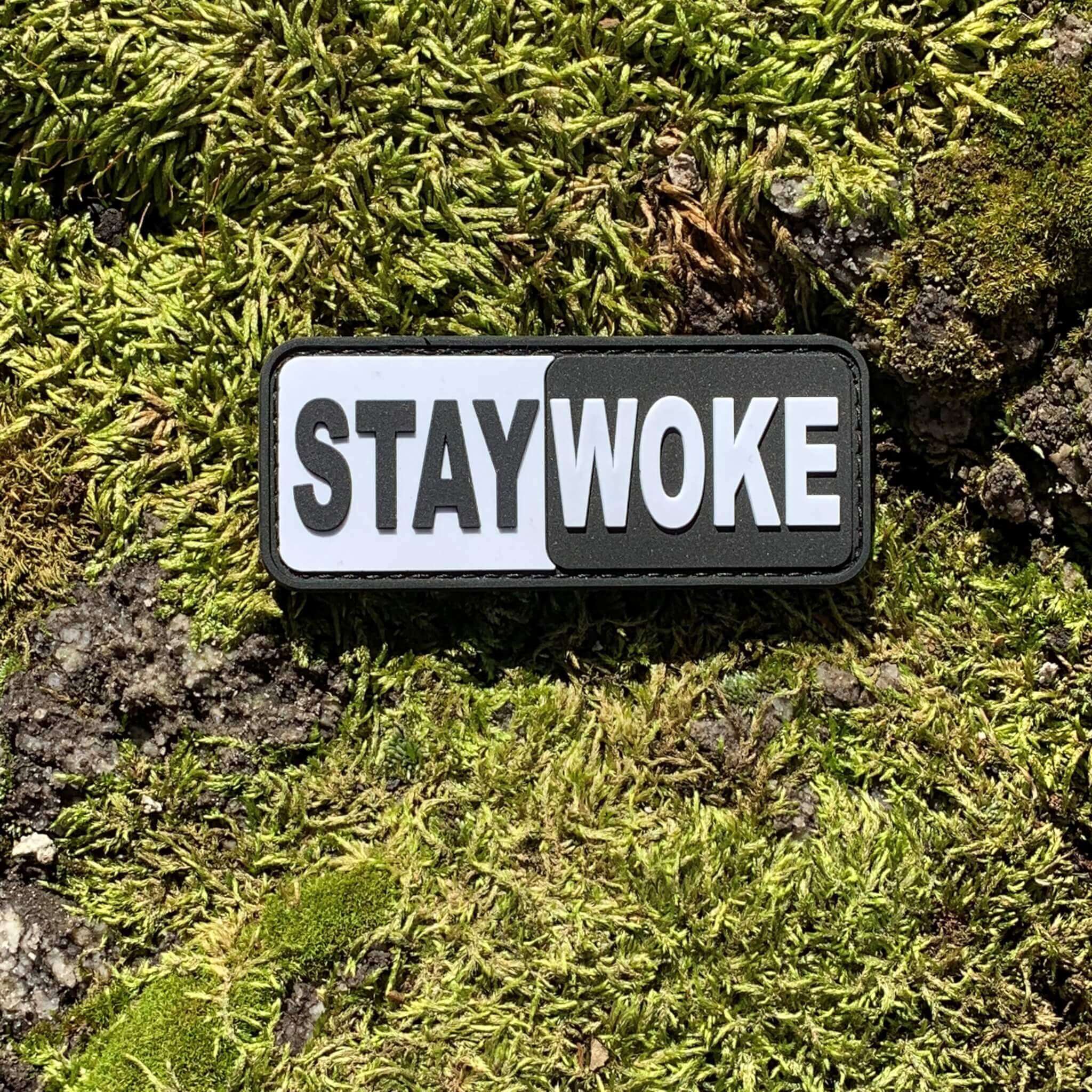The debate over gun control is a complex and multifaceted issue that touches on various aspects of society, including public safety, individual rights, and social justice. One angle that has garnered attention is the argument that certain gun control measures have disproportionately affected marginalized communities, making the case that gun control can be perceived as having racist implications. This blog aims to delve into this perspective, examining the historical context, current disparities, and potential implications of gun control policies on different racial groups.
Historical Context
To understand the link between gun control and racial inequity, it is essential to examine the historical context in which certain measures were enacted. One of the most notable instances is the enactment of “Black Codes” during the Reconstruction Era in the United States. These laws aimed to restrict the rights and freedoms of newly freed African Americans, including their right to bear arms. The intent was to maintain control over the Black population and prevent them from asserting their newfound civil liberties.
Disproportionate Impact
Critics of certain gun control measures argue that these policies have disproportionately impacted minority communities. For example, mandatory minimum sentences for gun-related offenses can result in harsh penalties that disproportionately affect individuals from low-income neighborhoods. The “War on Drugs” policies of the late 20th century, which were often accompanied by strict gun control measures, also disproportionately affected minority communities, leading to a cycle of incarceration that perpetuated social and economic disparities.
Effects on Self-Defense
Another dimension of the debate focuses on the impact of gun control on the ability of marginalized communities to defend themselves. In areas with higher crime rates, residents may rely on firearms for self-defense. Restrictive gun control measures can limit their ability to access firearms legally, potentially leaving them vulnerable to violence. Advocates argue that the right to self-defense is a fundamental human right that should not be infringed upon, especially for communities that face heightened risks.
Empowerment and Education
A counterargument to the assertion that gun control is inherently racist is the potential for equitable gun control policies to empower marginalized communities. Providing education, training, and resources for responsible firearm ownership can help level the playing field and ensure that individuals from all backgrounds have the tools to protect themselves and their loved ones. Additionally, addressing the root causes of violence and investing in social programs can contribute to reducing the need for firearm-related self-defense.
The relationship between gun control and racial inequity is a complex and nuanced one, rooted in historical context and contemporary disparities. While some gun control measures have been enacted with discriminatory intent or have disproportionately affected marginalized communities, the broader discussion should consider a comprehensive approach that addresses both public safety and individual rights. By acknowledging the historical context, examining the impact of current policies, and seeking solutions that empower all individuals, we can strive for a more equitable and just society.
If you want to get some gun control related patches, you can check out our store page here. you can also see our other products here, or visit our main store page.





